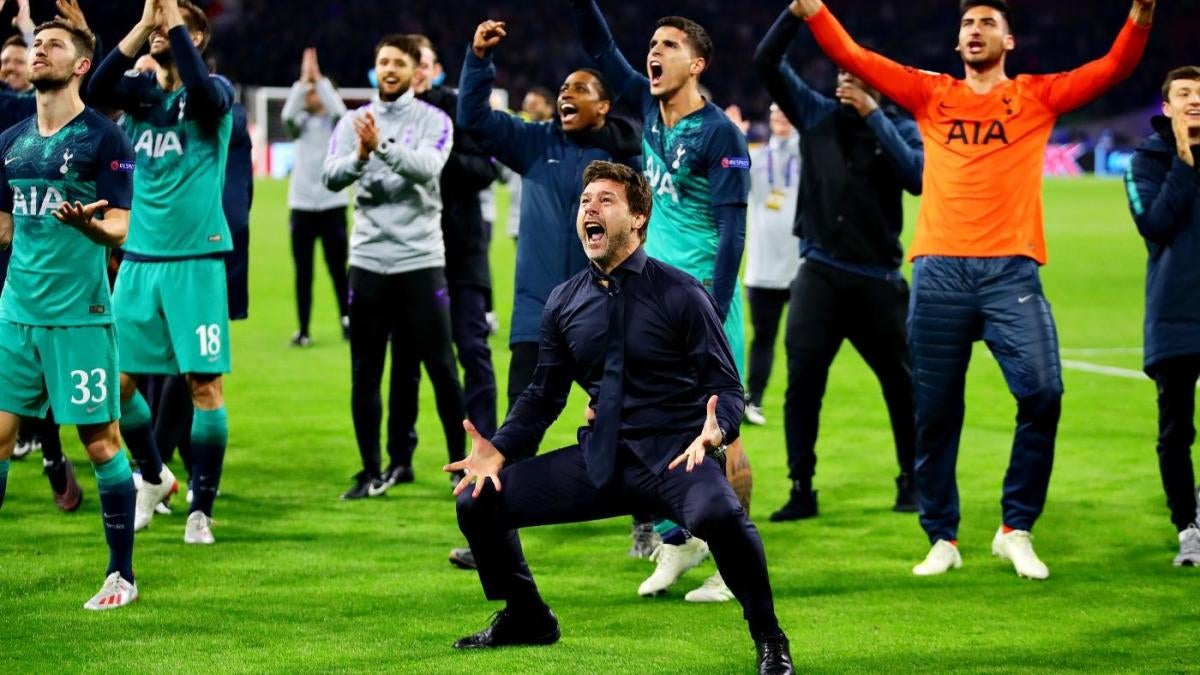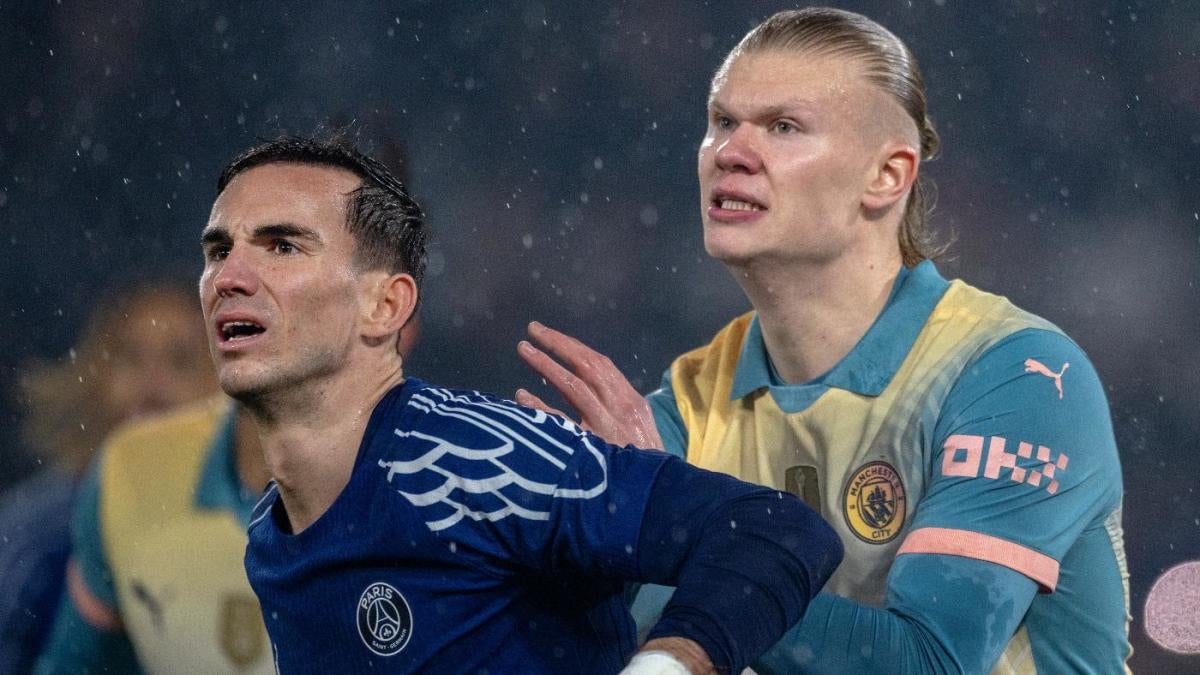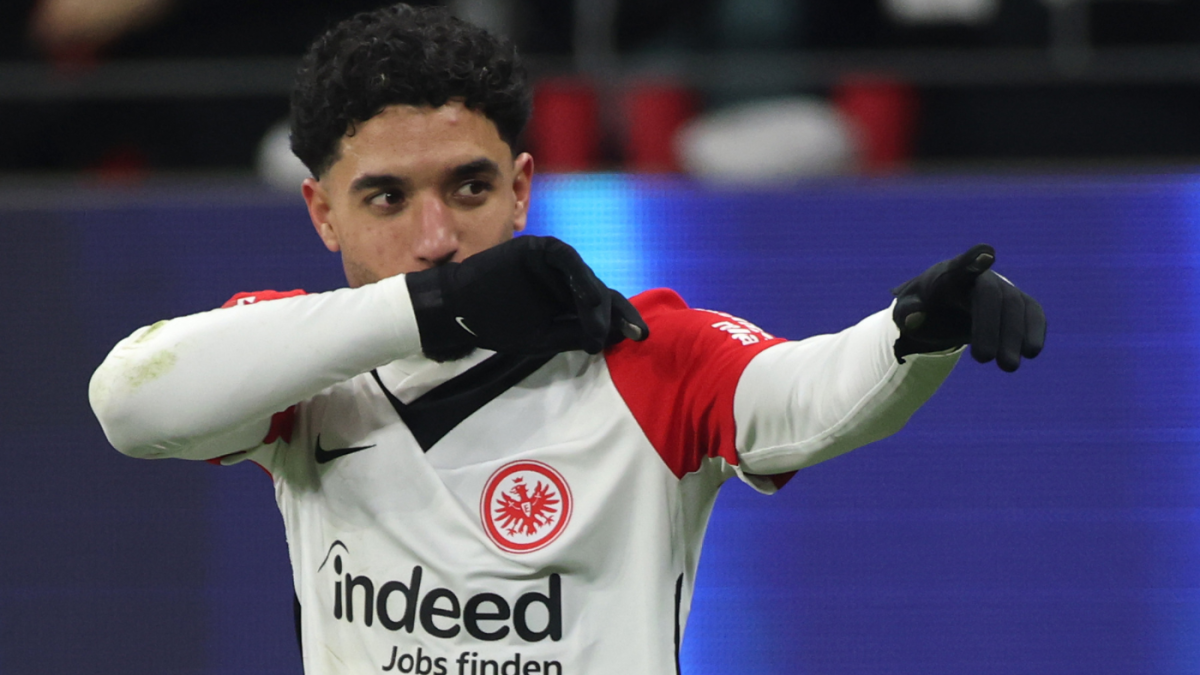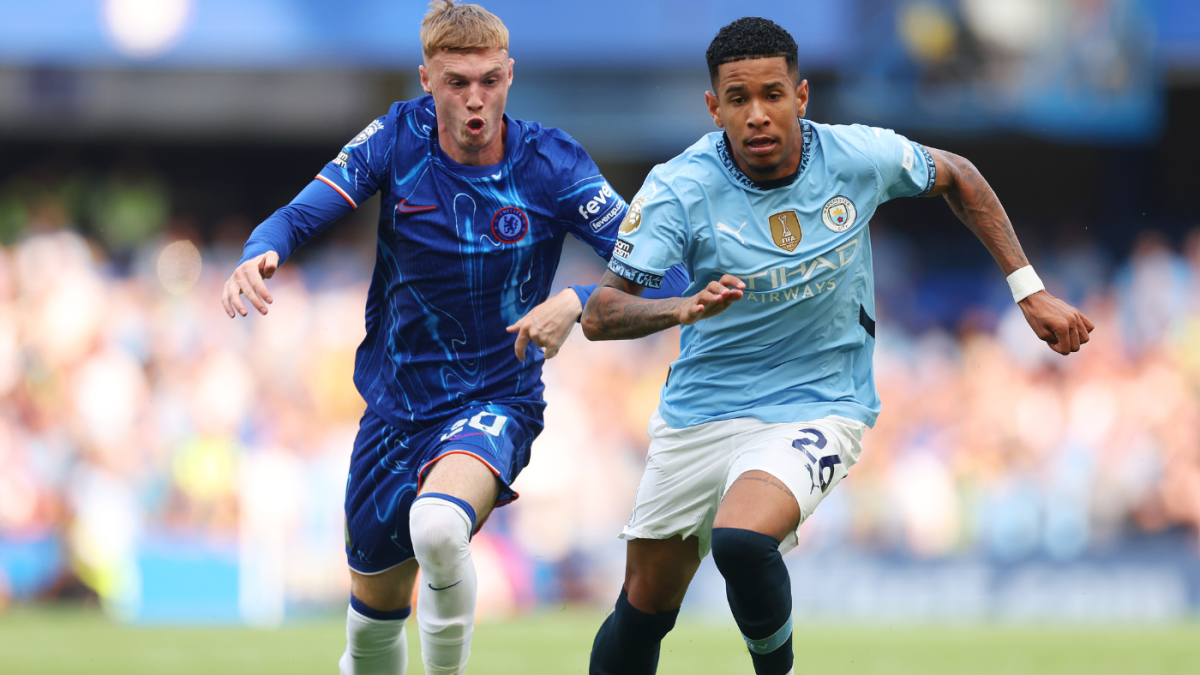 Champions League
Champions League

 Conference League
Conference League

 Premier League
Premier League

Published on Sep, 13 2024

The U.S. men's national team is heading towards uncharted but ambitious territory with the hire of Mauricio Pochettino, who was officially named as the team's new head coach on Tuesday and introduced on Friday. The Argentine will be tasked with maximizing the team's full potential when they co-host the World Cup in two years, a responsibility he is familiar with and remains his claim to fame.
Before Pochettino entered the sport's upper echelons, he established himself as a rising managerial star in his first few gigs at La Liga's Espanyol from 2009 to 2012 and then the Premier League's Southampton from 2013 to 2014. He won praise for instilling a high-press, attack-minded style of play that turned his teams into mighty minnows in those early roles before making his star-making turn at Tottenham Hotspur, creating a title-contending side from 2014 to 2019.
The combination of players and Pochettino's style led them to four UEFA Champions League berths in five years, a second-place Premier League finish in the 2016-17 season and a spot in the 2019 Champions League final. The team impressively punched above their weight, revealing much about his managerial philosophy that feels very relevant to a U.S. team with similar ambition and the potential to benefit from the strategies that led Pochettino's Spurs to success.
As Pochettino settles into his new role with the USMNT, here's a look back at his transformation of Tottenham and why it makes him a good fit for his new job.
Pochettino's Spurs took quickly to a now-popularized style of play that was both entertaining and effective, chiefly organizing the team in a 4-2-3-1 that was possession-oriented, quick, pressed high and included everyone in the attacking plan.
The team built their attacks out of the back, with Pochettino relying on center backs Jan Vertonghen and Toby Alderweireld during their peak years. Outside backs were notably crucial in moving the attack forward, with the likes of Danny Rose, Kyle Walker and Kieran Trippier playing central roles during the Argentine's stay in North London. The wide players would be the first piece in overloading opposing defenses from the flanks, allowing a batch of creative attackers to add extra pressure in the center of the field.
That setup allowed a dynamic and versatile attack to excel. Pochettino was able to lean on Christian Eriksen and Dele Alli's peak powers for much of his spell in North London, while Harry Kane and Son Heung-min emerged as the stars of the Spurs show. Kane showed he was one of the best forwards of his generation through his creativity and abilities in deeper positions, allowing Tottenham to boast multiple goalscorers. He was a perfect partner for Son, as well as an ideal teammate for the other attack-minded players on the roster.
Pochettino offered a fresh start for Tottenham from a tactical perspective, and the simultaneous squad-building effort complemented his vision. A few Pochettino regulars were already important players for Spurs when he arrived, including Hugo Lloris, Mousa Dembele, Walker, Vertonghen and Eriksen. Kane, though, was an academy product who made his Premier League debut two seasons earlier, he had yet to become a regular in the team, while Eric Dier joined the club when Pochettino did and Son and Alli came the following year.
The Argentine was able to get the best out of each of these players, many who continue to enjoy distinguished careers. Kane and Son were the standouts of Pochettino's Spurs -- the former scored 169 goals and notched 27 assists while playing for the Argentine, while the latter had 75 goals and 35 assists in that time. The pair were just as good individually as they were as a duo, maintaining a strong partnership even after Pochettino was fired in 2019. The pair currently hold the Premier League record for combined goals and assists as a duo with 47.
Walker was the only notable player who upgraded during the Pochettino years by joining Manchester City, though the rest also enjoyed their best club seasons under his leadership. That was especially true for Dembele, Dier and Alli, three players with humble promise at the start of their Tottenham careers but each combined to create a midfield that tonally matched the manager's high-intensity style of play. Alli scored 55 goals and recorded 48 assists under the Argentine while becoming one of England's most exciting young talents, while Pochettino realized that center back Dier would be better utilized as a defensive midfielder. Most impressively, Dembele was one of the most skilled midfielders in the Premier League during those years, boasting excellent passing ability, a resilience on the ball and the technique to beat nearly anyone in the center of the park. Pochettino recognized him as a diamond in the rough, later going on to describe him as "one of my genius players that I have been lucky to meet," a group that included Diego Maradona and Ronaldinho.
Pochettino had an ideal squad to work with in terms of executing his tactical plans but managed to sell them on his vision fairly quickly, as well as the methods through which he hoped to achieve his goals.
He ran intense double sessions during his very first preseason at the club, creating a fit squad that was able to cover a lot of ground in games, something that Dembele thought was ultimately to the team's benefit despite the increased level of difficulty in training.
"With this manager as well, training is different than we're used to," Dembele said, per Sky Sports. "It's much harder. I think it is a good thing for us and I think it is easier to develop, then to become a better player."
The Argentine, like many elite managers, is not without his quirks and willing to take players to task over seemingly small things. In "Brave New World," Guillem Balague's book that recaps the 2016-17 season in which Spurs were runners-up for the Premier League title, Pochettino called new signing Georges-Kevin Nkoudou disrespectful for his response to not being named to a matchday squad, singling him out for wearing headphones and a backpack and not taking them off until shortly before kickoff.
He was mostly able to build a team that was in lockstep with him for much of his five-year spell in charge.
"You just want to perform for him, work hard for him, win for him," Kane said after a 1-1 draw at Barcelona in December 2018, per the Evening Standard, a few months before Spurs played in the Champions League final.
"He's very passionate. You can tell sometimes he wants to be out there himself, putting in tackles, running about. You respond to that. On nights like that, big occasions, you just want to do him justice."
Pochettino's experience working with young players will come in handy in the new job since the USMNT's player pool still skews young. Only one on-field player over the age of 30 -- Tim Ream -- went to the Copa America and outside of him, the oldest player in the lineup was frequently the 26-year-old Antonee Robinson. The camp for the September friendlies, when interim head coach Mikey Varas explored the wider player pool, was even more youthful with an average age of 24.
While Pochettino's experience with generational talents like Kane, Son and Palmer is frequently touted, his success with underrated talent also bodes well for the USMNT. The national team is chiefly made up of players with promise who have yet to realize that potential, such as Gio Reyna and Weston McKennie. The pair, along with other national team regulars, have shown glimpses of excellence in a U.S. shirt but have had inconsistent careers for both club and country but are considered crucial members of the player pool.
That is where the question marks lie as Pochettino maps out his vision for the USMNT. While a national team job is not a powerless one, many will rightly ask how much influence he can truly have on the players when he works with them sporadically and the same question applies to how quickly he can implement his style of play to the international stage. Pochettino will also not have the advantage of filling in squad gaps by signing new players -- while the USMNT's full player pool has probably not been explored yet, he will still be limited in player selection. If -- and how -- he's able to get the best of an imperfect player pool is the big question of the Pochettino era and could reveal as much about the squad as it will about the manager.
Editors Top Picks







